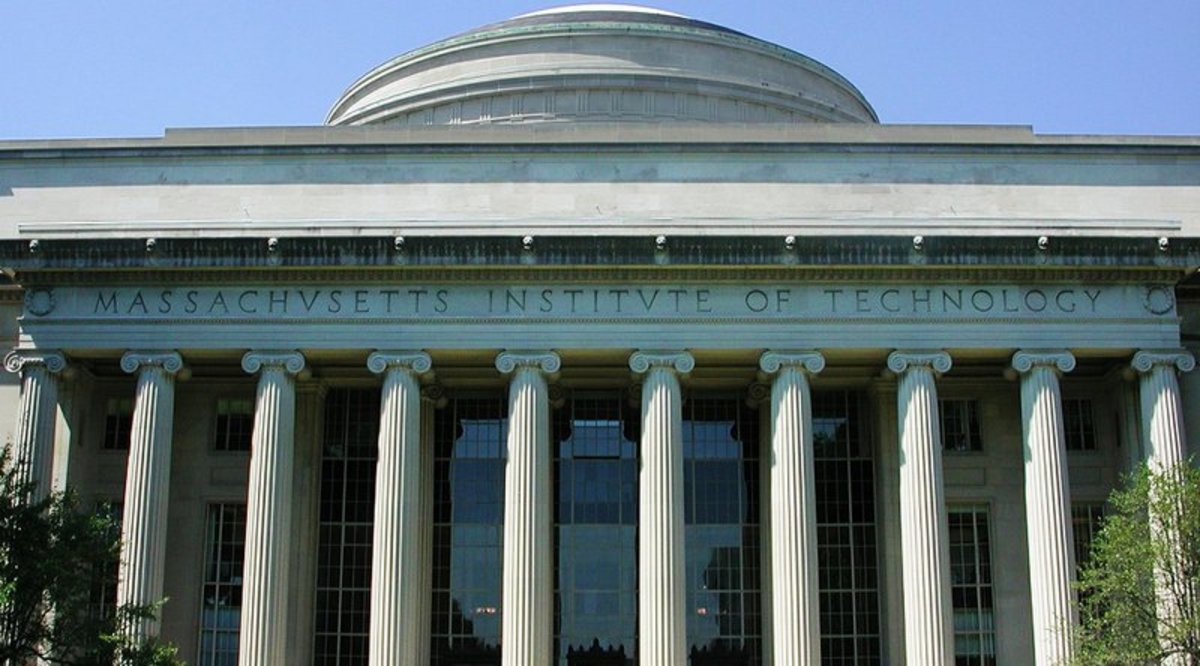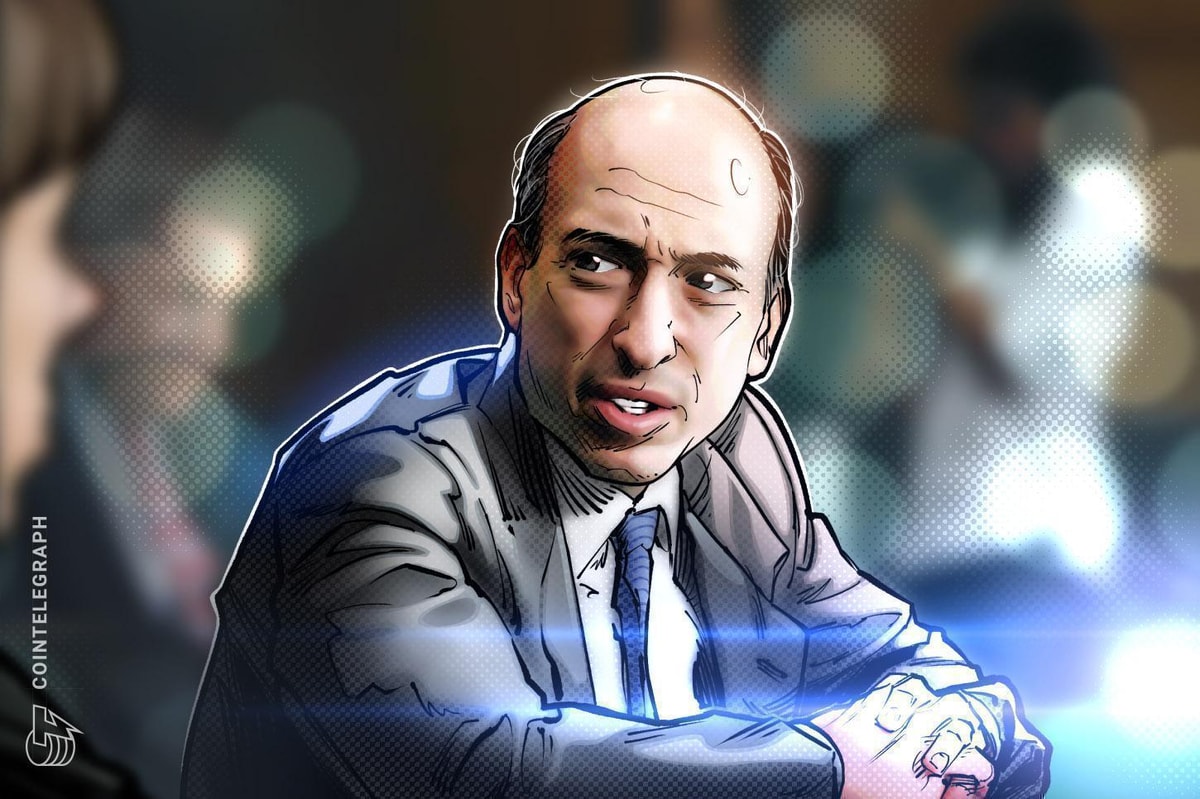
On March 5th and 6th, the MIT Bitcoin Club is hosting its annual Bitcoin Expo in the Samberg Conference Center on the MIT campus. It is the largest annual project undertaken by the club and is one of the only academic Bitcoin conferences run entirely by students.
World-renowned speakers will be in Cambridge, Massachusetts for the event, including Shual Kfir, CTO of Digital Asset Holdings; Joseph Poon, co-author of the Lightning Network; and Jonas Schnelli, one of the Bitcoin Core developers.
The club's mission is to “provide forums where Bitcoin-related ideas, projects, programs, events, and businesses can be studied, discussed and developed,” and the Expo is an extension of this goal. It creates a forum that brings together an international community to study the technology and discuss future implications.
Bitcoin Magazine spoke with Nchinda, a third-year computer science student who is the president of the club and the executive director of the conference, to provide more details about the event.
When asked about the goal of the event, Nchinda explained what makes this annual expo unique:
“The expo is not a mishmash of related concepts, there is a definite function to its form. There are three things that make the MIT Bitcoin Expo a different experience from other Bitcoin conferences I've seen:
1) It is a product of a 100 percent student-run organization. It is an academic event, and we don't seek a profit off of it; we raise only as much as we need.
2) Tickets are cheap compared to most other conferences. We don't want money to be a barrier to entry. Last year, student tickets were free, this year I'm trying out the idea of ticket refunds in Bitcoin.
3) There is no cost to become a speaker. This is something I am very firm on; no amount of money can buy you a position as a speaker. We ask speakers to come pro bono, which creates an interesting meld of established companies and fledgling startups.”
Nchinda explained that the theme of the first day of the Expo is primarily technical.
“I want to start the Expo by looking at the challenges that Bitcoin is tackling. Then we'll move to related work inspired by Bitcoin. Bitcoin development has many parallels to the development of Internet, so Day One closes with looking at the relationship between the two.”
Nchinda continues that Day Two will move into the financial and business aspects of blockchain technology.
“The sequence moves through examining the relationship between Bitcoin and traditional finance. We'll recognize the effort put in by financial companies to understand and develop blockchain technology. By the end of the afternoon we'll leave most of the technical discussion behind and attendees will get a dose of speculation on the future.”
The MIT Bitcoin Club has been consistently leading grassroots movements to grow Bitcoin adoption on campus and is one of the most active chapters in the Blockchain Education Network. In 2014, the club hosted the first Bitcoin Airdrop, which they called the MIT Bitcoin Project, after they raised $500,000 to give out $100 to every incoming freshman. It also launched the MIT BitComp to inspire and motivate MIT students and alumni to develop Bitcoin-related apps, with $15,000 in prizes that were awarded to the most impressive projects.
Nchinda is encouraging club members to promote Bitcoin and related technologies from whatever angle interests them, whether from the perspective of finance, mining, cryptography or marketing.










